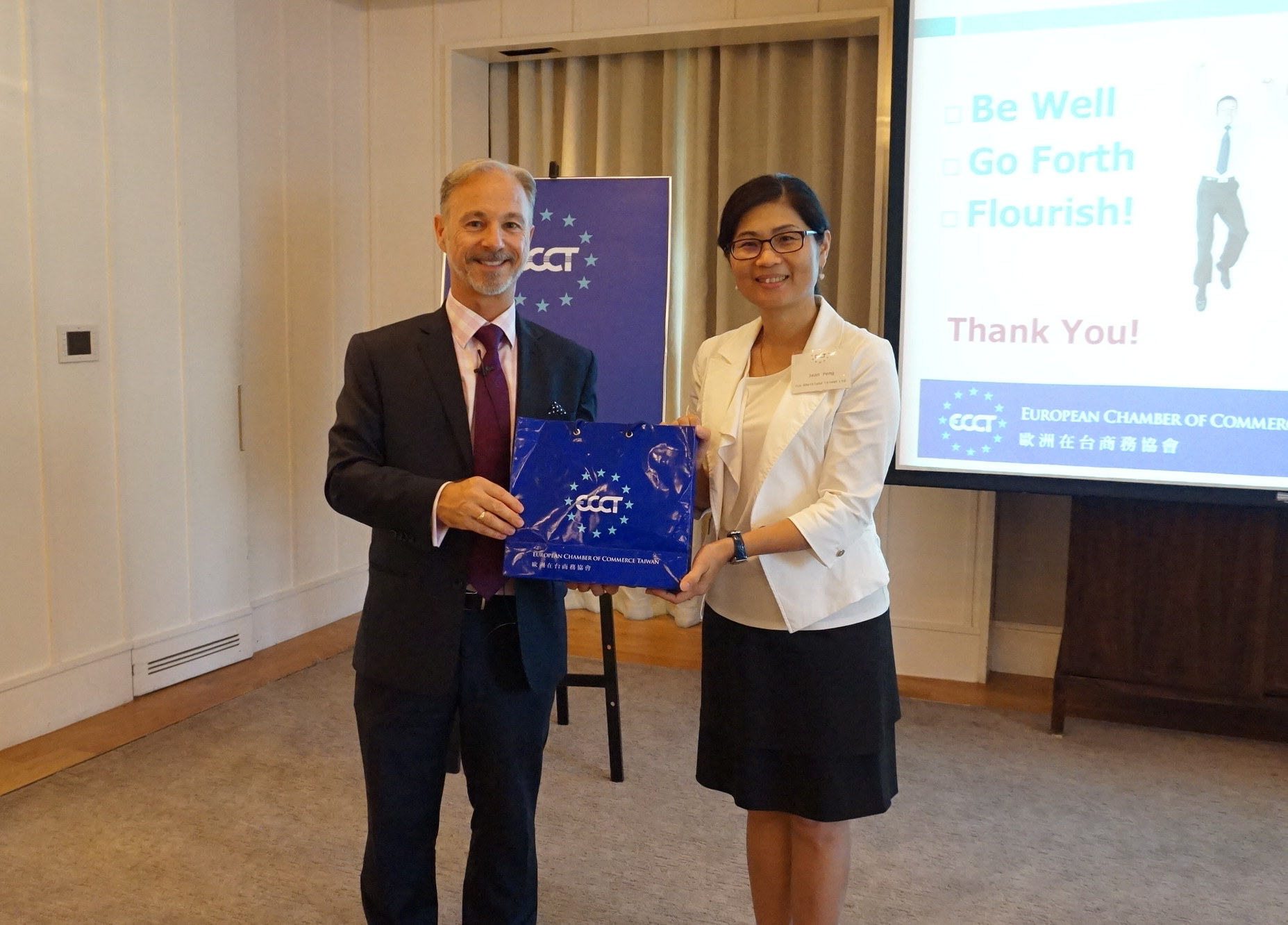HR lunch on positive psychology and coaching

The discipline of positive psychology aims to work out what makes life worth living and use the power of positivity to bring out the best in people and help them to reach their optimal best or become "flourishing". A flourishing state implies feeling good, functioning well, being engaged, having a sense of meaning and positive relationships with others. People who are flourishing tend to be optimistic, have high self-esteem, know their strengths as well as their weaknesses (being comfortable asking for help is a sign of strength, according to Leach). They also have a vital disposition, are in control of their lives, are resilient and mentally tough. While resilience implies being able to withstand adversity and recover from set-backs, mental toughness goes beyond this by demonstrating a willingness to take on difficult challenges and to persevere even when the going gets tough.
According to results of research cited by Leach, only about 20% of people globally can be described as flourishing. The percentage is much lower in some countries (6% in Russia) and higher in others (33% in Denmark). People's sense of well-being is influenced by many factors in their personal and professional lives but the basic foundation rests on physical health, diet and nutrition, exercise, relaxation, sleep and mindfulness (the ability to achieve a mental state focused on the present moment). Studies have shown that just 10 minutes of "mindfulness" or similar meditation exercise per day has great health benefits, especially in terms of reducing stress.
The "disease of affluenza" refers to the pervasive tendency for people to compare themselves to others. If they feel better off than others in their society, they tend to feel more satisfied and vice versa. A good example of affluenza is evident in modern-day China, where, even though average incomes have seen rapid increases in recent years, rates of happiness have declined because too many envy the few that have done much better than the average.
The fact that only 20% of people working in companies or other organisations are flourishing has profound consequences. According to research, 50% of the average workforce is suffering from "presenteeism", meaning they are at work, going through the motions but not operating at their optimal level of productivity. Given that only the minority of the workforce is flourishing, the positive influence that they bring can easily be dragged down by negative influences. People who are negative can easily drag others down with them.
Research has shown that leaders who are flourishing can have a profoundly positive influence on their colleagues, which spurs them to strive harder to reach their true potential, which in turn leads to better performance, both for the individuals and their organisations.
While it normal to have negative emotions and it is neither possible nor constructive to ignore them altogether, achieving a sense of well-being entails shifting focus from the negative to the positive. Leach suggested several ways to do this such as reflecting on one's achievements and being grateful for what one has. As to how to overcome negativity in the workplace or society facing a constant barrage of negative news, he recommended the "www" (what's working well) approach, which shifts the focus from the negative to things in the world that are working well and offer hope for the future. He also advised a "best self" exercise, whereby one's personal dreams and goals for the future are imagined and sketched out. Doing this helps to give people a sense of purpose and something to work for.
